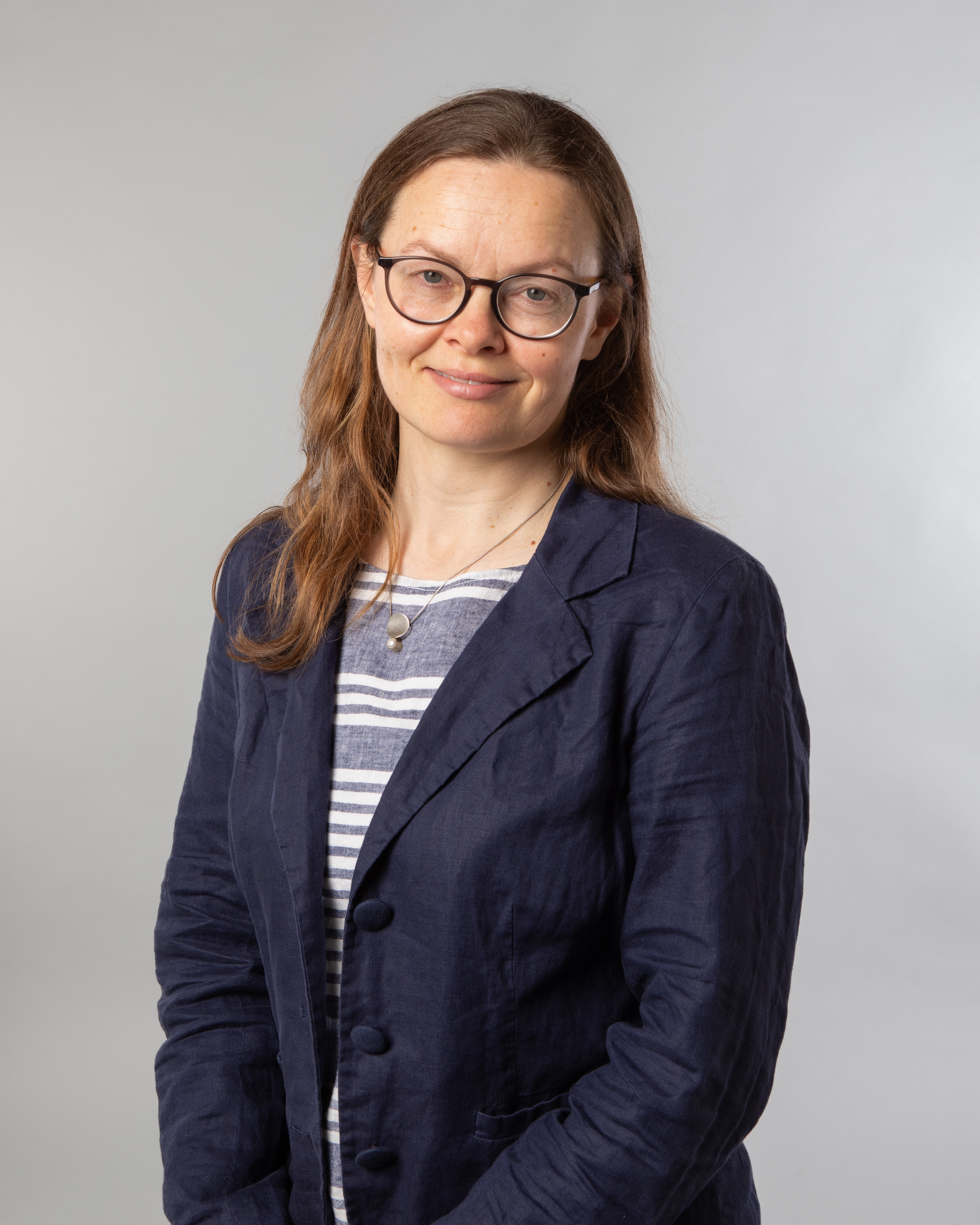Thermodynamics is the key to fundamental understanding of molten oxide electrolysis and interfacial phase transitions in multifunctional ceramics.
Qualifications & Memberships
Doctor of Philosophy (Massachusetts Institute of Technology)
American Ceramic Society (Professional Organisation): Member
Engineering New Zealand (Professional Organisation): Member
MacDiarmid Institute for Advanced Materials and Nanotechnology (Teaching/Research Organisation): Associate Investigator
Materials Research Society (MRS) (Professional Organisation): Member
Research Interests
Catherine Bishop is a Professor in Mechanical Engineering, Associate Investigator of the MacDiarmid Institute for Advanced Materials and Nanotechnology, and leads the Materials Cluster@UC. She leads both an MBIE Smart Idea and a Marsden research project.
She obtained a B.S. in Materials Science and Engineering from Carnegie Mellon University and worked for Westinghouse, Ebara Solar and Johnson Matthey as part of her co-op degree. Dr Bishop earned a PhD in Materials Science from the Massachusetts Institute of Technology, where her research was part of a large NSF-EU jointly funded programme (NANOAM).
She moved back to the UK for an MIT postdoc on collaborative research (INCEMS) with the Department of Materials, University of Oxford and other EU partners. She held a three-year Career Development Fellowship at the University of Oxford before joining UC in 2008.
Professor Bishop is a materials scientist who collaborates internationally and across many areas of materials research. Key current international partners are at Purdue, MIT, RPI and Forschungszentrum Julich.
Current transdisciplinary collaboration includes chemical engineers, physicists, chemists and microbiologists. Her research bridges structure-property-processing-performance interrelationships in alloys and ceramics.
She was an Academic Visitor at University of Oxford (2019) and a Visiting Professor at Carnegie Mellon University (2015). Dr Bishop was New Zealand partner member of HERALD EU-COST action (2015-2018), Chair of the first annual Materials@UC conference (2018) and has volunteered for MIT as an Educational Counsellor since 2015.
She has convened symposia for ACerS at international conferences including MS&T 2020-2023 and been a discussion leader at prestigious Gordon Research Conferences.
- Materials science and engineering
- Molten oxide electrolysis
- Ferroelectric phase transformations
- Microstructure property relations in alloys
- Computational materials science
- Material thermodynamics and phase stability
- Pulsed pressure metallorganic chemical vapour deposition
- Interfaces in ceramics
Recent Publications
- Bishop CM. (2024) Domain size control by spinodal decomposition in ferroelectrics. Acta Materialia 262 http://dx.doi.org/10.1016/j.actamat.2023.119446.
- Young AM., Kral MV. and Bishop CM. (2023) Effects of aging and nitridation on microstructure and mechanical properties of austenitic stainless steel. Journal of Materials Science 58(26): 10716-10735. http://dx.doi.org/10.1007/s10853-023-08659-1.
- Martin-Treceno S., Allanore A., Bishop CM., Watson MJ. and Marshall AT. (2022) Correction to: Determination of the Partial Contributions to the Electrical Conductivity of TiO2-SiO2-Al2O3-MgO-CaO Slags: Role of the Experimental Processing Conditions (Metallurgical and Materials Transactions B, (2022), 53, 2, (798-806), 10.1007/s11663-022-02433-5). Metallurgical and Materials Transactions B: Process Metallurgy and Materials Processing Science 53(3): 1965. http://dx.doi.org/10.1007/s11663-022-02474-w.
- Martin-Treceno S., Allanore A., Bishop CM., Watson MJ. and Marshall AT. (2022) Determination of the Partial Contributions to the Electrical Conductivity of TiO2-SiO2-Al2O3-MgO-CaO Slags: Role of the Experimental Processing Conditions. Metallurgical and Materials Transactions B: Process Metallurgy and Materials Processing Science 53(2): 798-806. http://dx.doi.org/10.1007/s11663-022-02433-5.
- Wasa A., Aitken J., Jun H., Bishop C., Krumdieck S., Godsoe W. and Heinemann JA. (2022) Copper and nanostructured anatase rutile and carbon coatings induce adaptive antibiotic resistance. AMB Express 12(1) http://dx.doi.org/10.1186/s13568-022-01457-z.

